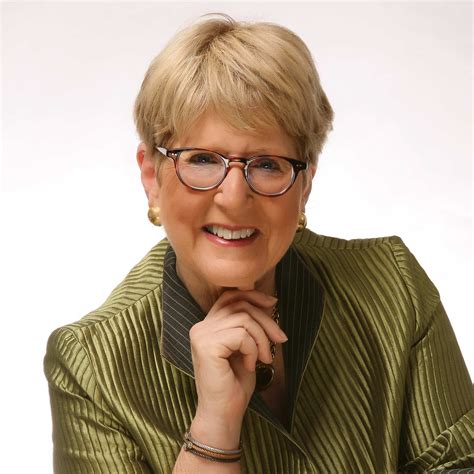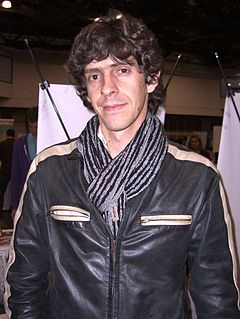A Quote by Thomas Pogge
This splendid book discusses how, in the last two hundred fifty years, large numbers of people have achieved levels of well-being that were previously available only to a few individuals, and how this achievement has given rise to equally unprecedented inequalities. Unique in its focus and scope, exceptional knowledge and coherence, and careful argumentation, The Great Escape is highly illuminating and a delight to read.
Quote Topics
Achieved
Achievement
Argumentation
Available
Being
Book
Careful
Coherence
Delight
Equally
Escape
Exceptional
Few
Fifty
Focus
Given
Great
Great Escape
Highly
How
Hundred
Illuminating
Individuals
Knowledge
Large
Large Numbers
Last
Levels
Numbers
Only
People
Read
Rise
Scope
Splendid
Two
Unique
Unprecedented
Well
Well-Being
Were
Years
Related Quotes
Upward mobility across classes peaked in the U.S. in the late 19th century. Most of the gains of the 20th century were achieved en masse; it wasn't so much a phenomenon of great numbers of people rising from one class to the next as it was standards of living rising sharply for all classes. You didn't have to be exceptional to rise.
The Unheavenly Chorus is the definitive study of participatory inequality in America. Marshaling prodigious evidence, the authors show how money not only buys influence directly but also affects associations that are supposed to be democratic antidotes to concentrated wealth. A monumental achievement of careful scholarship, this book offers real knowledge of how politics actually operates.
The two aims of the Party are to conquer the whole surface of the earth and to extinguish once and for all the possibility of independent thought. There are therefore two great problems which the Party is concerned to solve. One is how to discover, against his will, what another human being is thinking, and the other is how to kill several hundred million people in a few seconds without giving warning beforehand.
I read everything. I'll read a John Grisham novel, I'll sit and read a whole book of poems by Maya Angelou, or I'll just read some Mary Oliver - this is a book that was given to me for Christmas. No particular genre. And I read in French, and I read in German, and I read in English. I love to see how other people use language.
All social inequalities which have ceased to be considered expedient, assume the character not of simple inexpediency, but of injustice, and appear so tyrannical, that people are apt to wonder how they ever could have. been tolerated; forgetful that they themselves perhaps tolerate other inequalities under an equally mistaken notion of expediency, the correction of which would make that which they approve seem quite as monstrous as what they have at last learnt to condemn.
Great nations write their autobiographies in three manuscripts the book of their deeds, the book of their words, and the book of their art. Not one of these books can be understood unless we read the two others; but of the three, the only quite trustworthy one is the last. The acts of a nation may be triumphant by its good fortune; and its words mighty by the genius of a few of its children: but its art, only by the general gifts and common sympathies of the race.









































